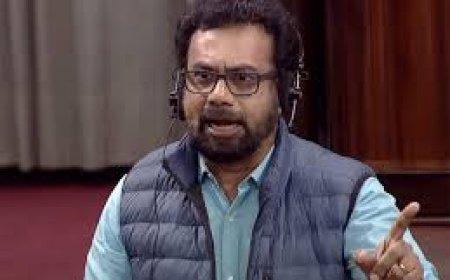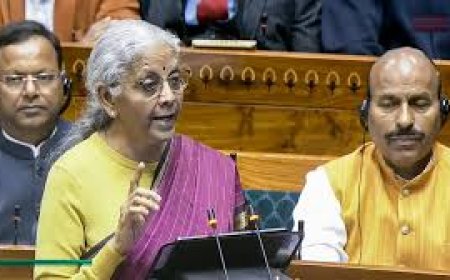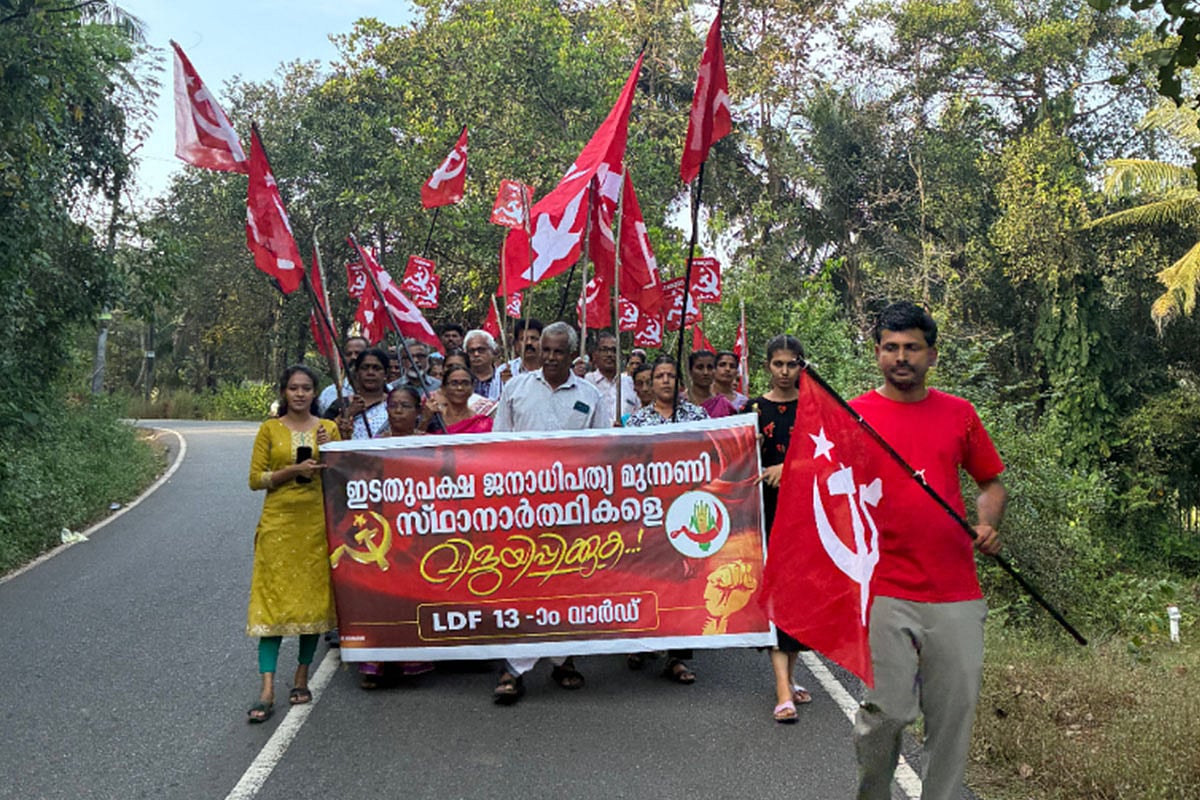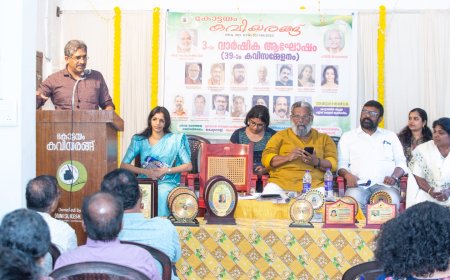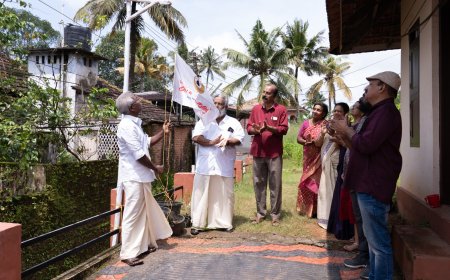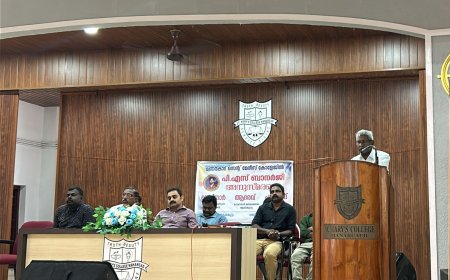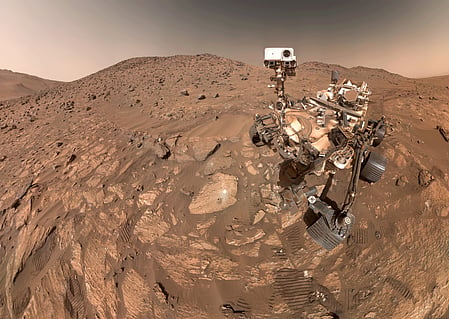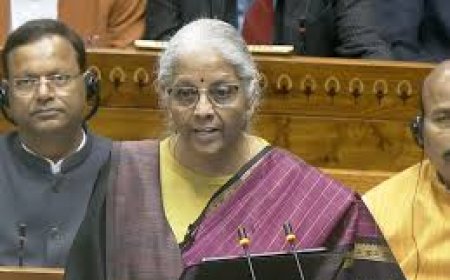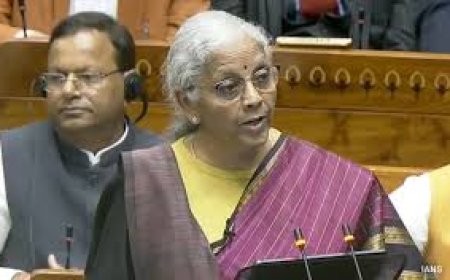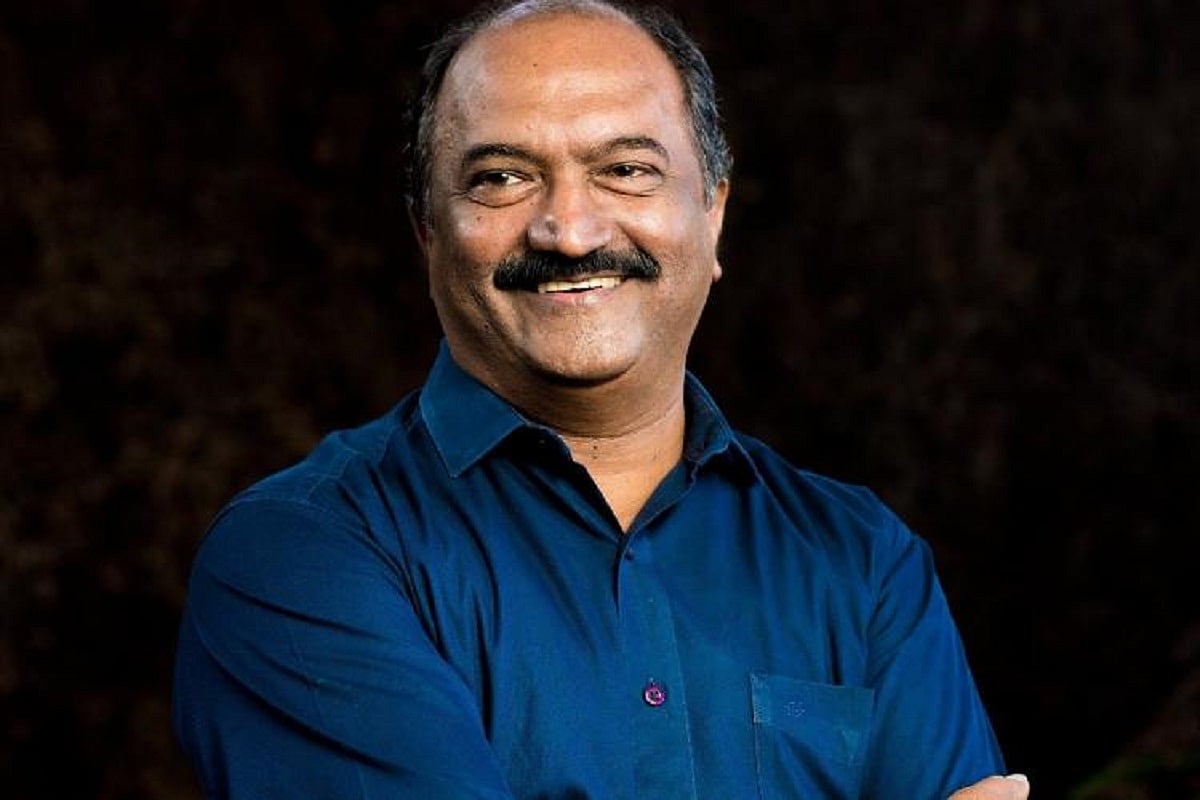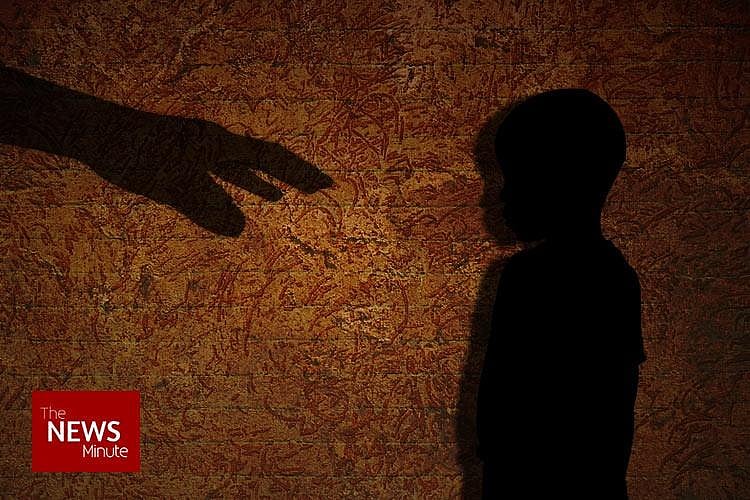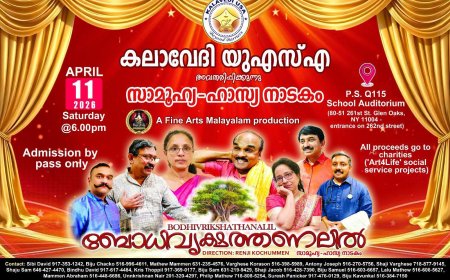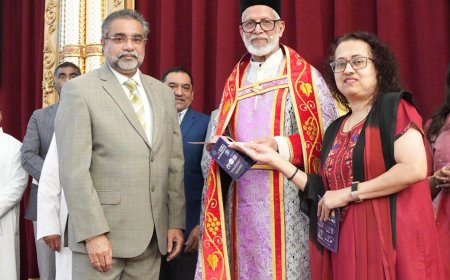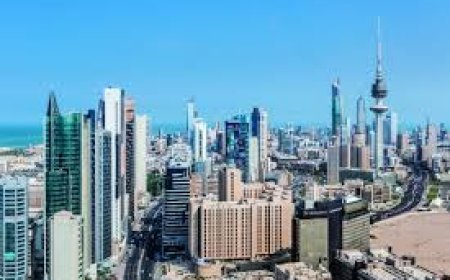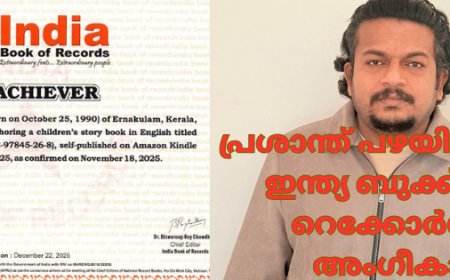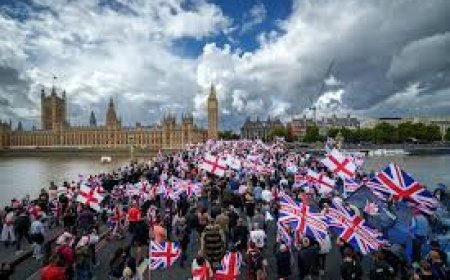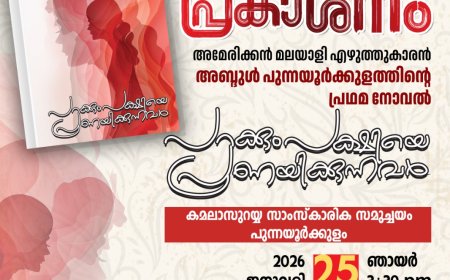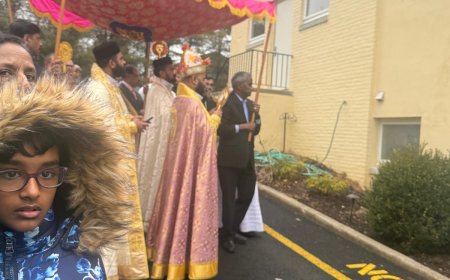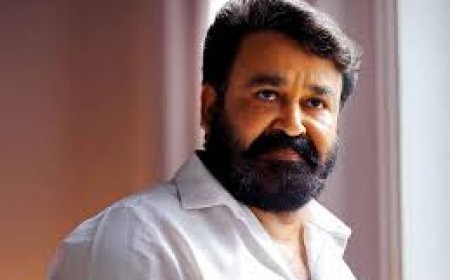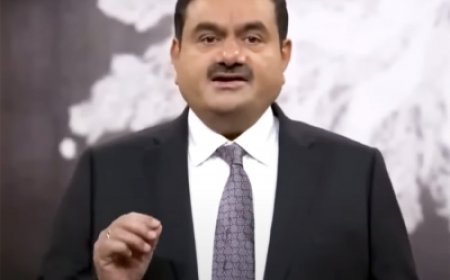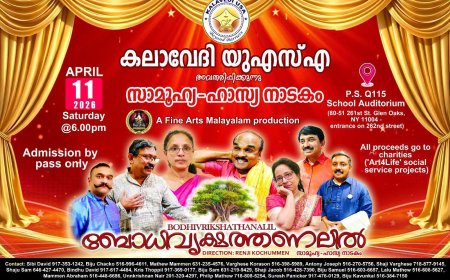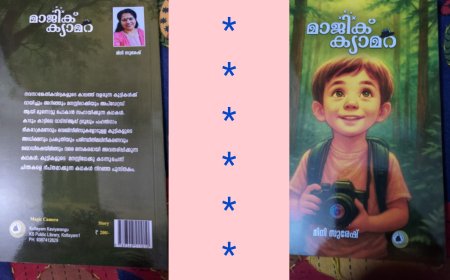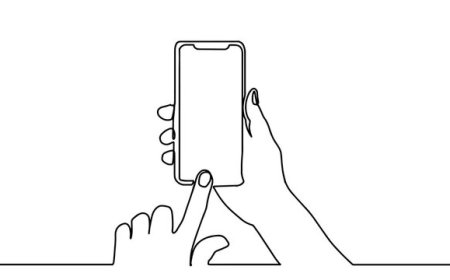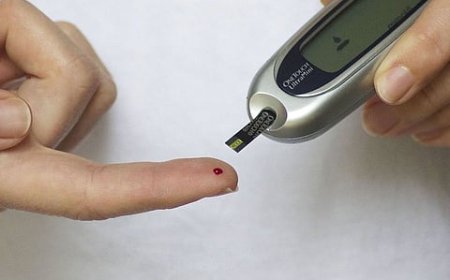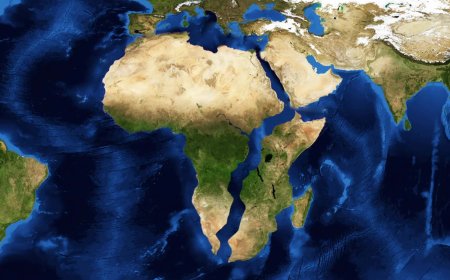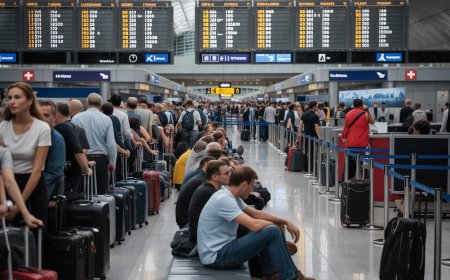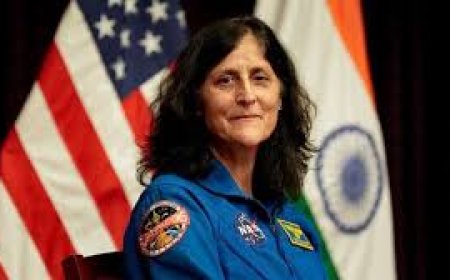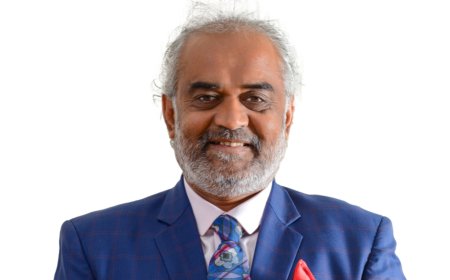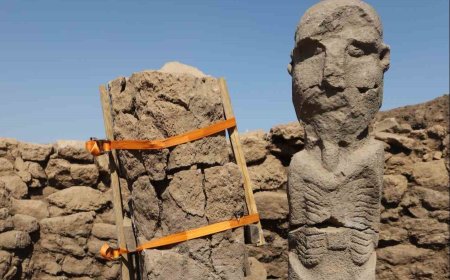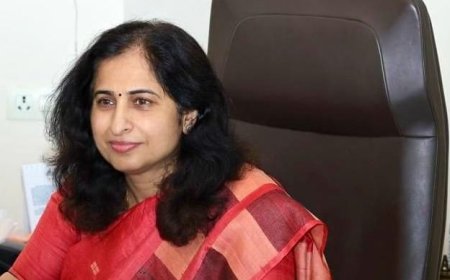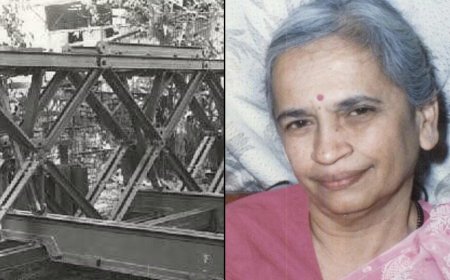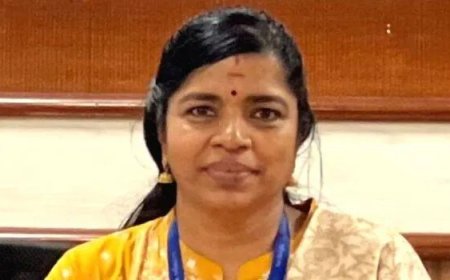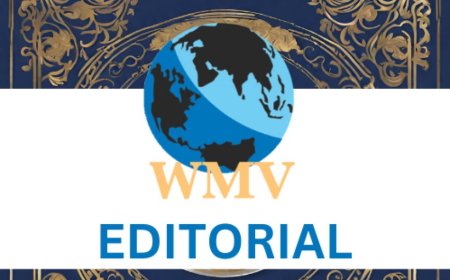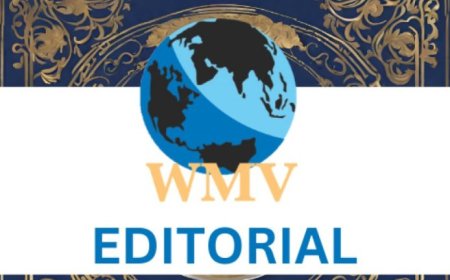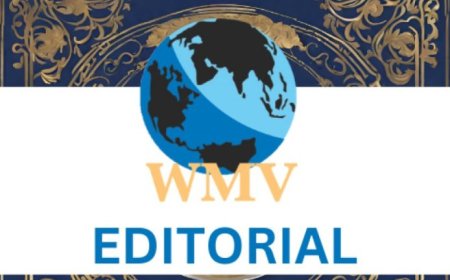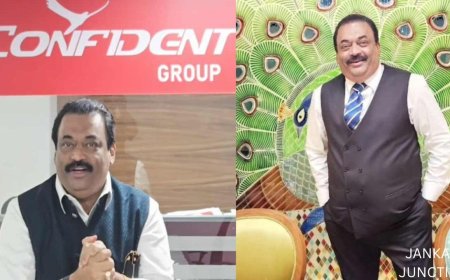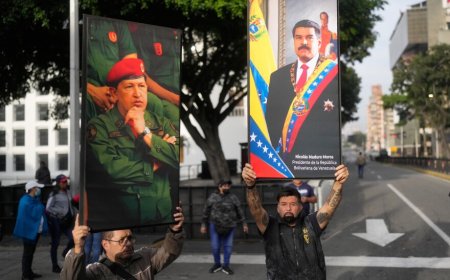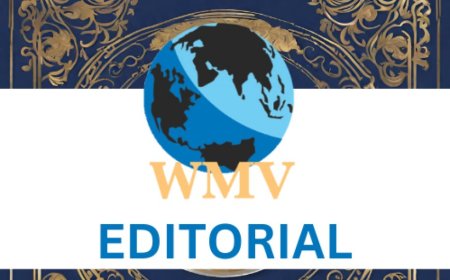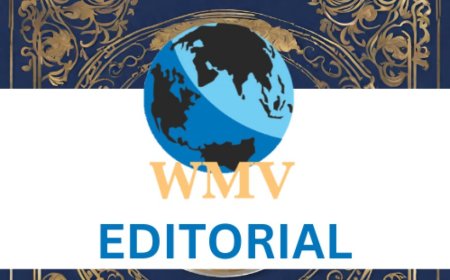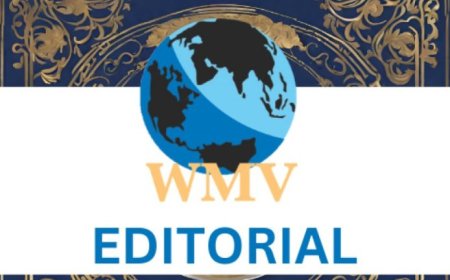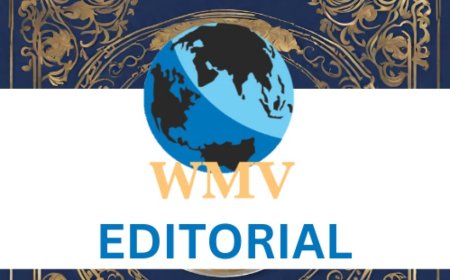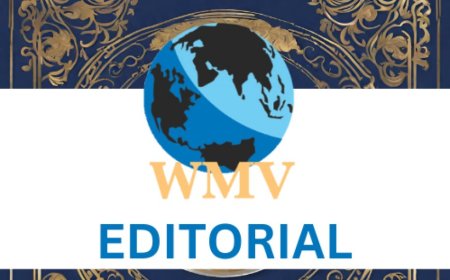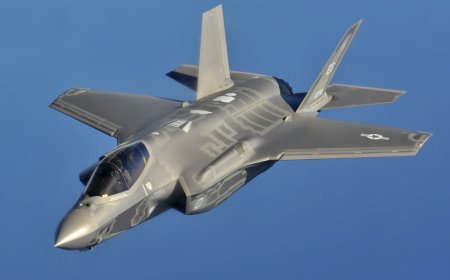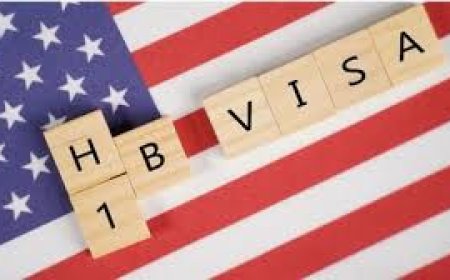Nobel Peace Prize 2025 awarded to Venezuela’s María Corina Machado
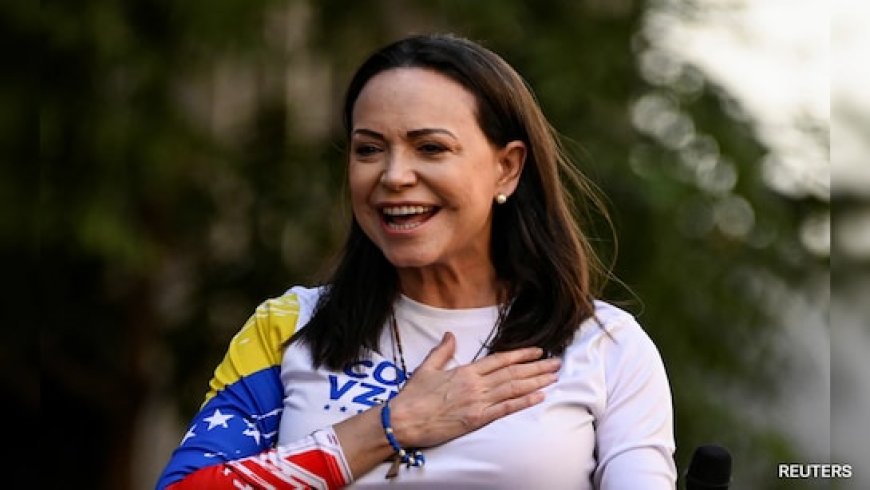
THE Nobel Peace Prize 2025 has been awarded to María Corina Machado “for her tireless work promoting democratic rights for the people of Venezuela and for her struggle to achieve a just and peaceful transition from dictatorship to democracy”, the Swedish Academy announced on Friday (October 10, 2025).
The announcement was made by the chair of The Norwegian Nobel Committee, Jørgen Watne Frydnes.
“In the past year, Ms Machado has been forced to live in hiding. Despite serious threats against her life she has remained in the country, a choice that has inspired millions of people. She has brought her country’s opposition together.
She has never wavered in resisting the militarisation of Venezuelan society. She has been steadfast in her support for a peaceful transition to democracy,” the Academy said.
Last year, the Nobel Peace Prize was awarded to the Japanese organisation Nihon Hidankyo, a grassroots movement of atomic bomb survivors from Hiroshima and Nagasaki, also known as Hibakusha
Nobel Peace Prize 2025: Venezuela’s María Corina Machado
The Nobel Prize announcement week kicked off with the Prize for Physiology or Medicine on Monday (October 6), followed by Physics on Tuesday (October 7), Chemistry on Wednesday (October 8), and Literature on Thursday (October 9). The winners of the Economic Sciences Prize will be declared on October 13.
The prizes carry a cash award of 11 million Swedish kronor and will be awarded on December 10.
The Nobel Prize was created by Swedish inventor Alfred Nobel, who in his will dictated that his estate should be used to fund “prizes to those who, during the preceding year, have conferred the greatest benefit to humankind”.
The Norwegian Nobel Institute registered a total of 338 candidates for the 2025 peace prize, of which 244 are individuals and 94 are organisations. The Nobel Institute received nominations for 286 candidates last year, distributed among 197 individuals and 89 organisations.
Nominations for the prize must reach the committee by January 31. Committee members can also make nominations, but they have to be made by the committee's first meeting in February.
After that, the committee meets roughly once a month. The decision tends to be taken in August or in September, but it can also be later, as was the case this year.
The Nobel committee says it is used to working under pressure from people, or their supporters, who say they deserve the prize.
"All politicians want to win the Nobel Peace Prize," Mr. Frydnes, the Nobel committee leader, told Reuters.
"We hope the ideals underpinned by the Nobel Peace Prize are something that all political leaders should strive for ... We notice the attention, both in the United States and around the world, but outside from that, we work just the same way as we always do."
The Nobel Peace Prize committee stated that the winner is selected after assessments and examinations of the short-listed candidates done by the Nobel Committee’s permanent advisers, together with other Norwegian or international experts.
The Committee seeks to achieve consensus in its selection of the Nobel Peace Prize Laureate. If anyhow this process fails, the decision is reached by a simple majority vote.
The foundation the five-strong Norwegian Nobel Committee follows as its basis for decisions is the 1895 will of Swedish industrialist Alfred Nobel, which established the peace prize alongside those for literature, chemistry, physics and medicine.
Donald Trump has been outspoken about his desire for a prize won by four of his predecessors - Barack Obama in 2009, Jimmy Carter in 2002, Woodrow Wilson in 1919 and Theodore Roosevelt in 1906. All but Carter won the award while in office, with Mr. Obama named laureate less than eight months after taking office - the same position Mr. Trump is in now.
Nina Graeger, head of the Peace Research Institute Oslo, said Mr. Trump's withdrawal of the U.S. from the World Health Organisation and the 2015 Paris climate accords, and his trade war with allies, went against the spirit of Nobel's will.
"If you look at Alfred Nobel's will, it emphasises three areas: one is the achievements regarding peace: brokering a peace deal," she said. "The other is to work and promote disarmament and the third is to promote international cooperation."


